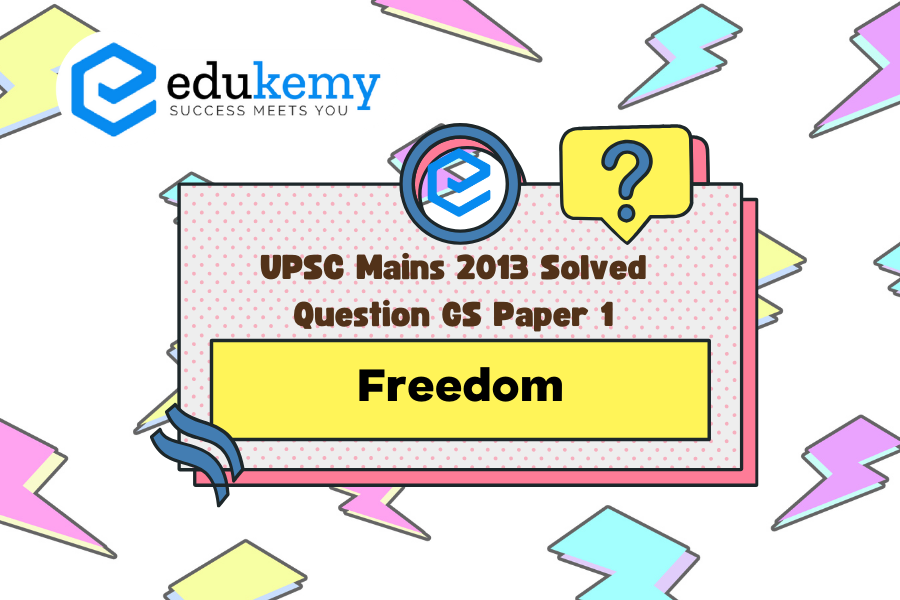Throughout India’s struggle for freedom, several foreigners made the country their homeland, leaving an indelible mark on the nation’s history. Their participation in various movements played a crucial role in shaping the course of India’s fight against colonial rule. These foreigners, inspired by India’s quest for independence, actively engaged in different facets of the struggle, ranging from political activism to social reform. Their contributions were diverse, encompassing leadership roles, strategic guidance, and grassroots mobilization. For instance, figures like Annie Besant and Allan Octavian Hume brought their organizational skills and ideological fervor to movements such as the Indian National Congress, providing a platform for Indian nationalists to articulate their demands. Additionally, individuals like Madeline Slade, affectionately known as Mirabehn, worked closely with Mahatma Gandhi, embodying the spirit of nonviolent resistance and serving as a bridge between Indian and Western ideals. These foreigners not only added international dimension to the freedom struggle but also challenged colonial narratives and contributed to the solidarity between nations fighting against oppression. Thus, their involvement underscores the global significance of India’s struggle for freedom and highlights the interconnectedness of liberation movements worldwide.
Tags: The freedom struggle.
Contents
Decoding the question:
- In Introduction, start with briefly mentioning the contribution of foreigners in Indian freedom struggle.
- In Body, analyze the role of the foreigners in Indian freedom struggle elaborately.
- Conclude by showing the significance of this wider participation Indian freedom struggle.
Answer:
While many Americans and Europeans empathized with India’s struggle for Independence, few of them came to India and actively participated.They have made India their homeland and contributed immensely for the cause of Indian freedom struggle.
Role of Foreigners in the Indian Struggle for Freedom:
Annie Besant:
- She was Irish by birth and a staunch supporter of India’s struggle for freedom. She founded the Home Rule League in Madras in 1916 and the Theosophical Society of India.
- She was the President (First Woman President) of Indian National Congress for one term at Calcutta in 1917. She was instrumental to revive the Indian freedom struggle and demanded ‘Self-Rule’ on the Irish lines.
Mira Alphonse:
- An inspiration of Auroville, she is known as the ‘Mother’. She was born in Paris in 1878. She came to India in 1914 and met Shri Aurobindo. She had a significant role in inspiring women like Annie Besant and Nellie Sen Gupta. She contributed immensely to the field of India’s age-old heritage and culture.
Meera Behn:
- A British national came to India inspired with the ideas of Mahatma Gandhi. She was named Mira Behn by Mahatma Gandhi. She accompanied Gandhiji to the Round Table Conference. She did pioneer work for social reforms in rural areas. She had participated in the Non-cooperation Movement and in the Quit India Movement. She had been sent to jail many times due to her revolutionary fight against the British.
Sarla Behn:
- Her original name was Katherine Mary Heilaman and she was a British National. She was named by Mahatma Gandhi. A great social worker, who set up an Ashram at Kausali in the Kumaon Hills of Uttarakhand. She helped the families of political prisoners.
Charles freer Andrews:
- He came to India as an Anglican priest and lecturer at St. Stephens College, Delhi in 1904. He was instrumental in pursuing Gandhi to return to India from South Africa. He worked with B.R. Ambedkar for the upliftment of downtrodden. He was given the title Dinabandhu by Gandhiji.
Sister Nivedita:
- A Scottish social worker and a disciple of Swami Vivekananda, she had participated in the Swadeshi Movement. She encouraged the youths of this country to be a part of the national movement.
Overall their role can be summarized as following:
- Most of them came to India with the primary aim of social service. But their hearts were moved by the brutal exploitation of the British-raj, hence joined India’s struggle for Independence.
- None advocated revolutionary terrorism or violent methods.
- Almost all associated with Congress. Annie Beasant and Nalini Sengupta even presided over the Congress sessions despite their foreign nationality.
- Most of them were not imprisoned for a long time, because they were white.
Many other foreigners came to India to be a part of its freedom struggle and contributed in every way possible. A O Hume, Nalini Sengupta, V Elwin, etc., are a few other names who contributed significantly to the cause of Indian struggle and helped her get freedom from imperial rule.
In case you still have your doubts, contact us on 9811333901.
For UPSC Prelims Resources, Click here
For Daily Updates and Study Material:
Join our Telegram Channel – Edukemy for IAS
- 1. Learn through Videos – here
- 2. Be Exam Ready by Practicing Daily MCQs – here
- 3. Daily Newsletter – Get all your Current Affairs Covered – here
- 4. Mains Answer Writing Practice – here


